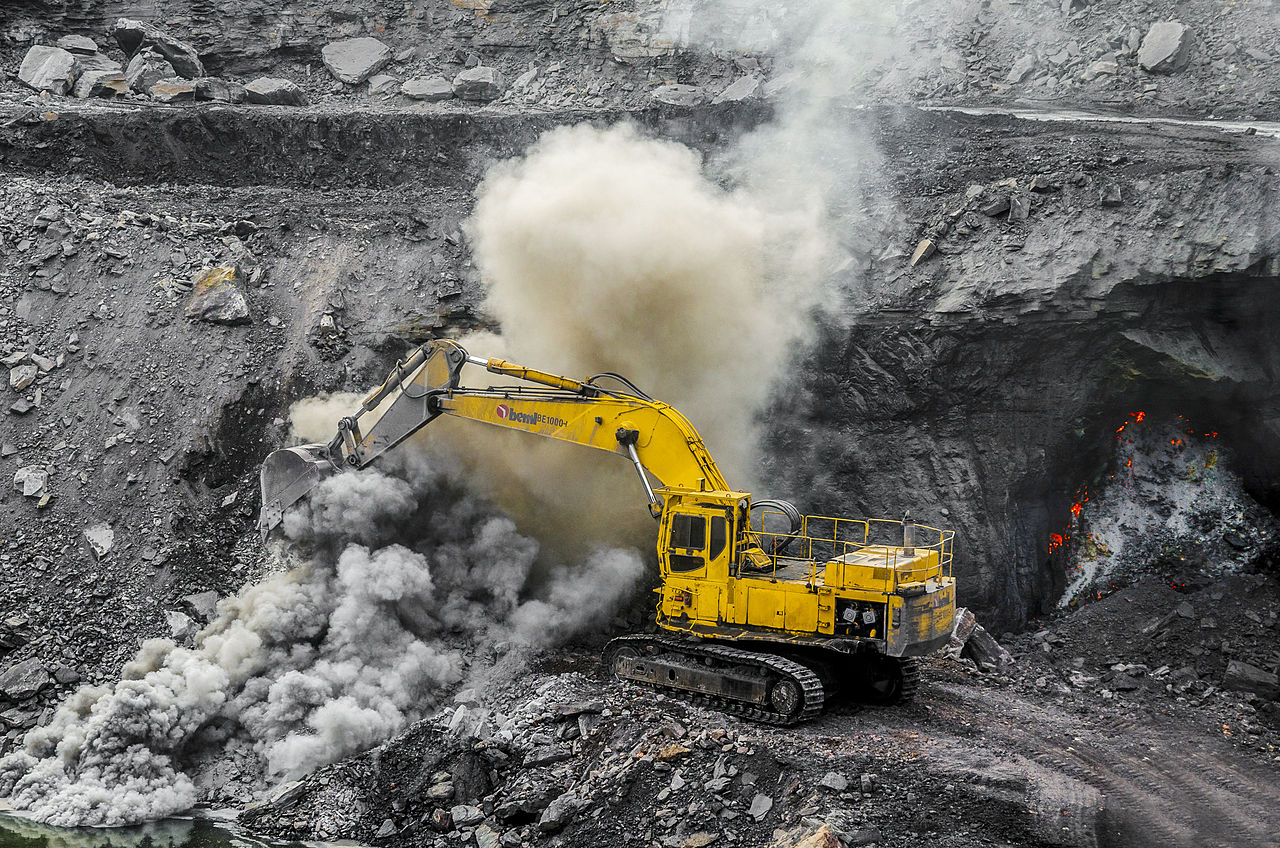
EXPERT REACTION: NSW coal seam gas project and QLD coalmine approved
Not peer-reviewed: This work has not been scrutinised by independent experts, or the story does not contain research data to review (for example an opinion piece). If you are reporting on research that has yet to go through peer-review (eg. conference abstracts and preprints) be aware that the findings can change during the peer review process.
Santos's $3.6 billion Narrabri coal seam gas project in NSW has been approved by the state's Independent Planning Commission (IPC), and the Queensland Government has granted approval for the state's third-largest coal mine. Below, Australian experts share their views of the developments.
Organisation/s: Australian Science Media Centre, Curtin University, The Australian National University, Griffith University, The University of Queensland, RMIT University
Funder: N/A
News for:
Australia
NSW
VIC
QLD
WA
ACT
Media contact details for this story are only visible to registered journalists.


Expert Reaction
These comments have been collated by the Science Media Centre to provide a variety of expert perspectives on this issue. Feel free to use these quotes in your stories. Views expressed are the personal opinions of the experts named. They do not represent the views of the SMC or any other organisation unless specifically stated.